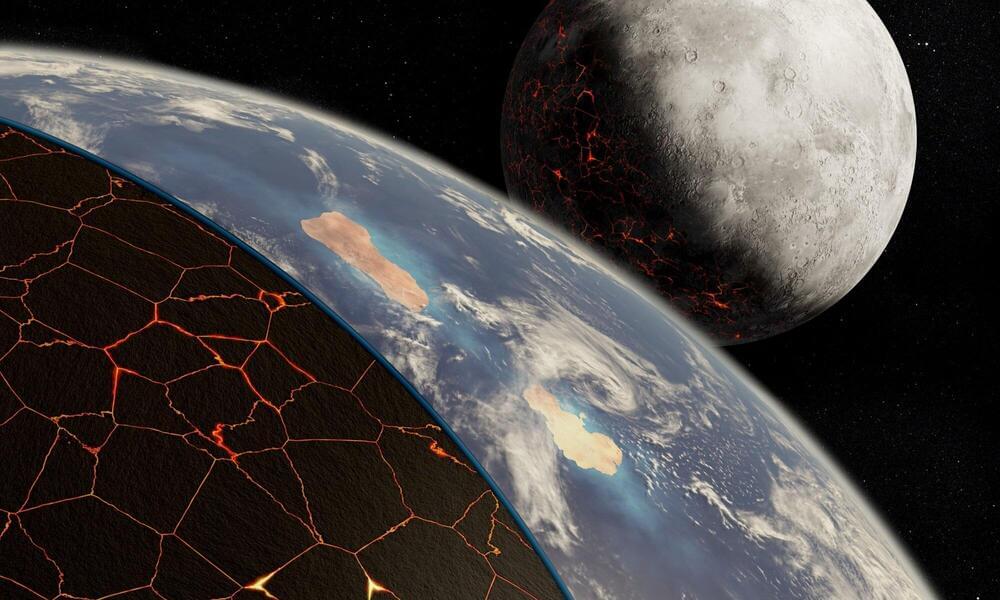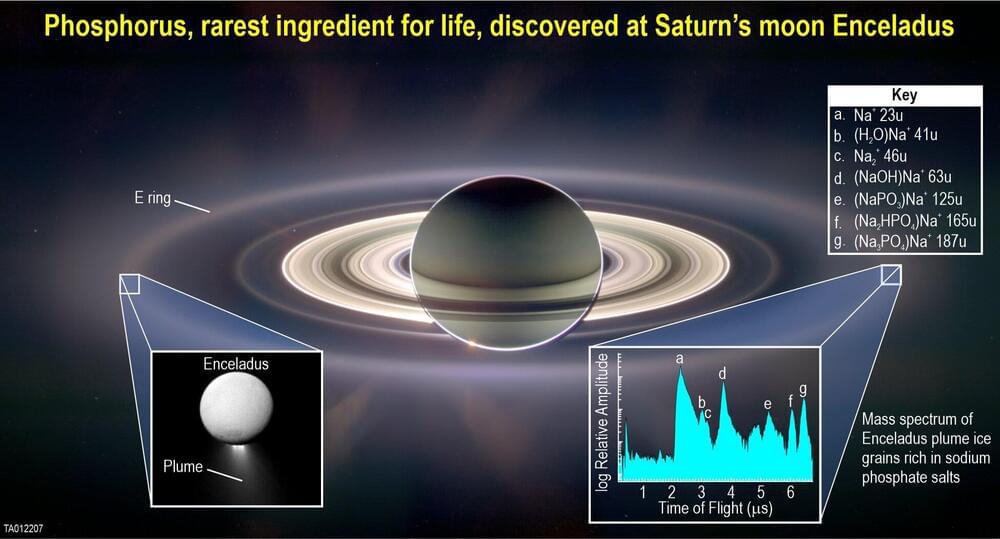
Scientists have taken a journey back in time to unlock the mysteries of Earth’s early history, using tiny mineral crystals called zircons to study plate tectonics billions of years ago. The research sheds light on the conditions that existed in early Earth, revealing a complex interplay between Earth’s crust, core, and the emergence of life.
Plate tectonics allows heat from Earth’s interior to escape to the surface, forming continents and other geological features necessary for life to emerge. Accordingly, “there has been the assumption that plate tectonics is necessary for life,” says John Tarduno, who teaches in the Department of Earth and Environmental Sciences at the University of Rochester. But new research casts doubt on that assumption.
Tarduno, the William R. Kenan, Jr. Professor of Geophysics, is lead author of a paper published in Nature examining plate tectonics from a time 3.9 billion years ago, when scientists believe the first traces of life appeared on Earth.

















